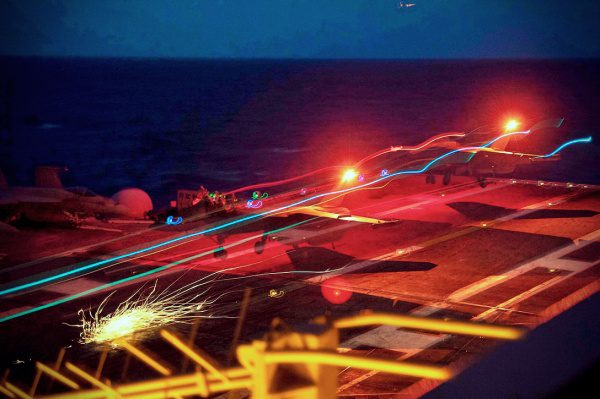Witnesses in a Court-Martial Sentencing Hearing – RCM 1001(e)
In general.
During the presentence proceedings, there shall be much greater latitude than on the merits to receive information by means other than testimony presented through the personal appearance of witnesses. Whether a witness shall be produced to testify during presentence proceedings is a matter within the discretion of the military judge, subject to the limitations in subsection (e)(2) of this rule.
See R.C.M. 703 concerning the procedures for production of witnesses.
Limitations.
A witness may be produced to testify during presentence proceedings through a subpoena or travel orders at Government expense only if-
The testimony expected to be offered by the witness is necessary for consideration of a matter of substantial significance to a determination of an appropriate sentence, including evidence necessary to resolve an alleged inaccuracy or dispute as to a material fact;
The weight or credibility of the testimony is of substantial significance to the determination of an appropriate sentence;
The other party refuses to enter into a stipulation of fact containing the matters to which the witness is expected to testify, except in an extraordinary case when such a stipulation of fact would be an insufficient substitute for the testimony;
Other forms of evidence, such as oral depositions, written interrogatories, former testimony, or testimony by remote means would not be sufficient to meet the needs of the court-martial in the determination of an appropriate sentence; and
The significance of the personal appearance of the witness to the determination of an appropriate sentence, when balanced against the practical difficulties of producing the witness, favors production of the witness. Factors to be considered include the costs of producing the witness, the timing of the request for production of the witness, the potential delay in the presentencing proceeding that may be caused by the production of the witness, and the likelihood of significant interference with military operational deployment, mission accomplishment, or essential training.
Law on Witnesses in a Military Court-Martial Sentencing Proceeding
- Who must the government bring?
- United States v. Mitchell , 41 M.J. 512 (A.C.M.R. 1994). The military judge did not err by denying accused’s request for Chief of Chaplains as character witness. While acknowledging accused’s right to present material testimony, court upheld judge’s exercise of discretion in determining the form of presentation. Proffered government stipulation of fact detailed the witness’s background, strong opinions favoring the accused, and the government’s refusal to fund the witness’s travel.
- United States v. Briscoe

